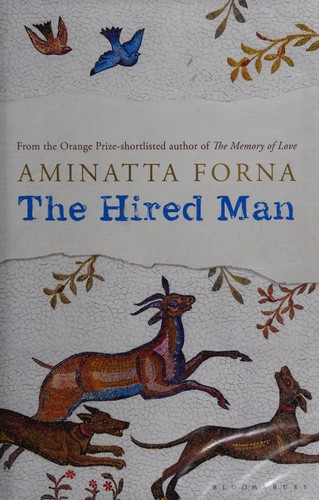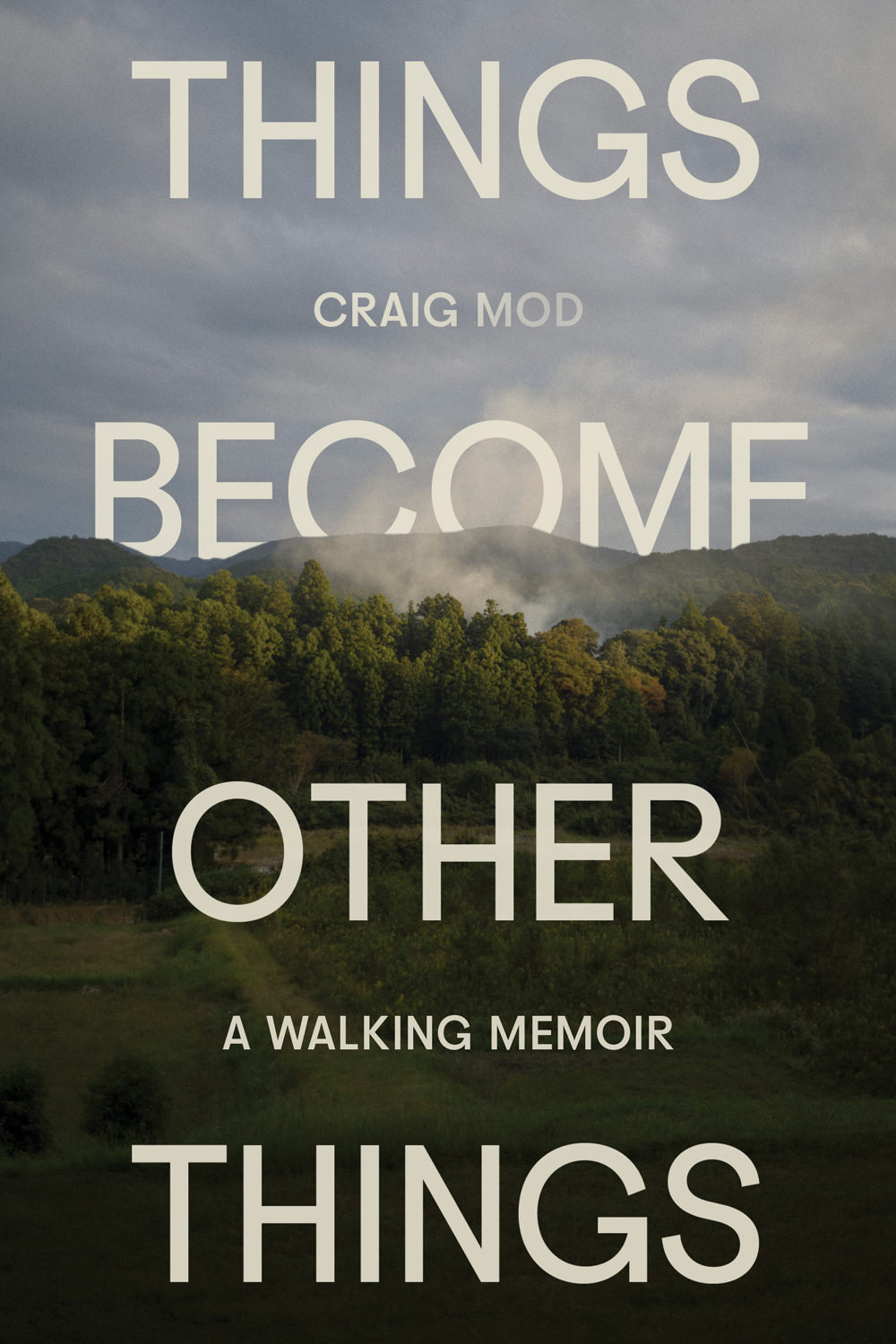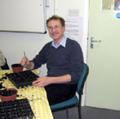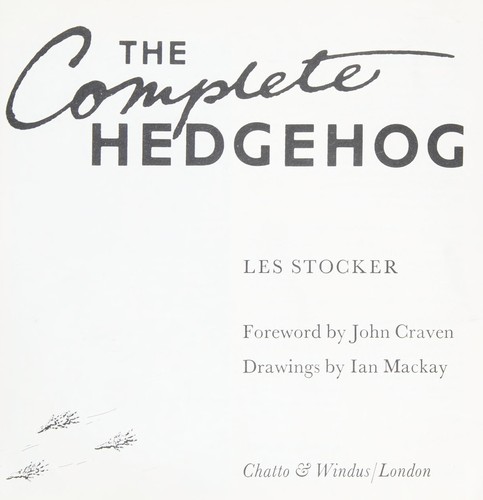Abigail talks with foxes. And in the London of a summer somewhere around 2015 (2013 apparently), young people are disappearing. So with her friends (vulpine and human), she investigates. I thought this was an enjoyable read - it fits in with the general Rivers of London 'verse where magic is real but closely guarded. I like the universe of Ben Aaronovitch's London underpinned by river spirits. Good characters, helpful footnotes to decipher youth slang, a believable London that made me nostalgic for when I lived there, and a story that bowls along to a satisfying conclusion.
User Profile
Londoner who moved to the west of England, used to write but now more paints.
This link opens in a pop-up window
Chris's books
User Activity
RSS feed Back
Chris reviewed What Abigail Did That Summer by Ben Aaronovitch (Rivers of London, #5.3)
Fox Whispering
4 stars
Abigail talks with foxes. And in the London of a summer somewhere around 2015 (2013 apparently), young people are disappearing. So with her friends (vulpine and human), she investigates. I thought this was an enjoyable read - it fits in with the general Rivers of London 'verse where magic is real but closely guarded. I like the universe of Ben Aaronovitch's London underpinned by river spirits. Good characters, helpful footnotes to decipher youth slang, a believable London that made me nostalgic for when I lived there, and a story that bowls along to a satisfying conclusion.
Chris started reading Platform Souls : The Train Spotter as Twentieth-century Hero by Nicholas Whittaker
Chris reviewed Diary of a Tuscan Bookshop by Elena Pala
Inconsequential
3 stars
Disappointingly lightweight tale of living the early phases of the Covid pandemic in a small town in Italy, with a bookshop. After, say, "The Hired Man" which is superficially similar, this feels inconsequential; reading lists and tourists and no real payoff. I didn't realise at first it is non-fiction although it may well have been 'streamlined.'
Disappointingly lightweight tale of living the early phases of the Covid pandemic in a small town in Italy, with a bookshop. After, say, "The Hired Man" which is superficially similar, this feels inconsequential; reading lists and tourists and no real payoff. I didn't realise at first it is non-fiction although it may well have been 'streamlined.'
Chris finished reading Diary of a Tuscan Bookshop by Elena Pala
Chris finished reading In the Days of the Guilds by Louise Lamprey
Chris finished reading The hired man by Aminatta Forna

The hired man by Aminatta Forna
Gost is surrounded by mountains and fields of wild flowers. The summer sun burns. The Croatian winter brings freezing winds. …
Chris finished reading Tao Te Ching by Ursula K. Le Guin

Tao Te Ching by Ursula K. Le Guin, Laozi
No other English translation of this greatest of the Chinese classics can match Ursula Le Guin's striking new version. Le …
Chris finished reading I Love Suburbia by Simon Pollock
Chris finished reading The complete hedgehog by Les Stocker
Chris finished reading Taverna by Georgina Hayden
Chris finished reading Doll by Terri Stockley-Hetherington
Chris started reading Diary of a Tuscan Bookshop by Elena Pala
Chris reviewed Meadowland by John Lewis-Stempel
Hopeful meditation upon the wheel of the natural year
4 stars
Hopeful in the light of our being told that nature has all but vanished; it clearly hasn't in some places. This book is a year's almanac of animals wild and domesticated, of life and death. Quotes my old favourite John Stewart-Collis and also Edward Thomas. Some mornings I can hear all the birds of Gloucestershire as well.
Hopeful in the light of our being told that nature has all but vanished; it clearly hasn't in some places. This book is a year's almanac of animals wild and domesticated, of life and death. Quotes my old favourite John Stewart-Collis and also Edward Thomas. Some mornings I can hear all the birds of Gloucestershire as well.
Chris reviewed Dans le café de la jeunesse perdue by Patrick Modiano
Paris by Night
We all have a Cafe Conde in our past somewhere - the eternally perfect place because it maybe only existed for a moment, was solid in time and place as well as in the people around us. The grass was greener, the light was brighter, by friends surrounded. Maybe life was better twenty or however many years ago, or maybe it's that you were twenty and carefree and now you are neither. Whatever characters there are in this novella, they are overshadowed by the echoing rain-soaked or sunlit streets of a mythical Paris that probably never existed, maybe not when Andre Breton was trying to make it dance like a circus bear to the tune of Surrealism and not in the desperate years after the 1940-45 War, but possibly in the 1950s when Queneau (who mentored Modiano's early career) was writing about Zazie in the Metro, and Boris Vian played …
We all have a Cafe Conde in our past somewhere - the eternally perfect place because it maybe only existed for a moment, was solid in time and place as well as in the people around us. The grass was greener, the light was brighter, by friends surrounded. Maybe life was better twenty or however many years ago, or maybe it's that you were twenty and carefree and now you are neither. Whatever characters there are in this novella, they are overshadowed by the echoing rain-soaked or sunlit streets of a mythical Paris that probably never existed, maybe not when Andre Breton was trying to make it dance like a circus bear to the tune of Surrealism and not in the desperate years after the 1940-45 War, but possibly in the 1950s when Queneau (who mentored Modiano's early career) was writing about Zazie in the Metro, and Boris Vian played riffs on jazz and engineering (bars, cafes, streets tiled with wet grey cobbles after a night of rain, fruit and vegetable stalls chanced upon early in the morning after a night spent blowing that ol’ trumpet in a smoky cellar somewhere ... way on down South ... ). It's that 1950s Paris this novel evokes.
In the morning we all wake up and the place we lived when we were young is gone, and that, despite the alluring and fleeting presence of Louki, the Trickster (I don't believe for a millennium that it's coincidence) is the point of this book. Louki is undoubtedly a person, and one who's been dealt a sort-of bad hand in life (daughter of a single-mother and probable sex worker, still, you're getting to live in Paris in the prosperous post-war years), and whether her ending makes sense is another matter. I like the notion of the 'neutral zones,' like Burroughs' Interzones, places where all is in flux. I've known times and places like that, some of them recent and nearby. Extracted from time, the whole novel is like that, but more, like a painting is more than a photograph.







